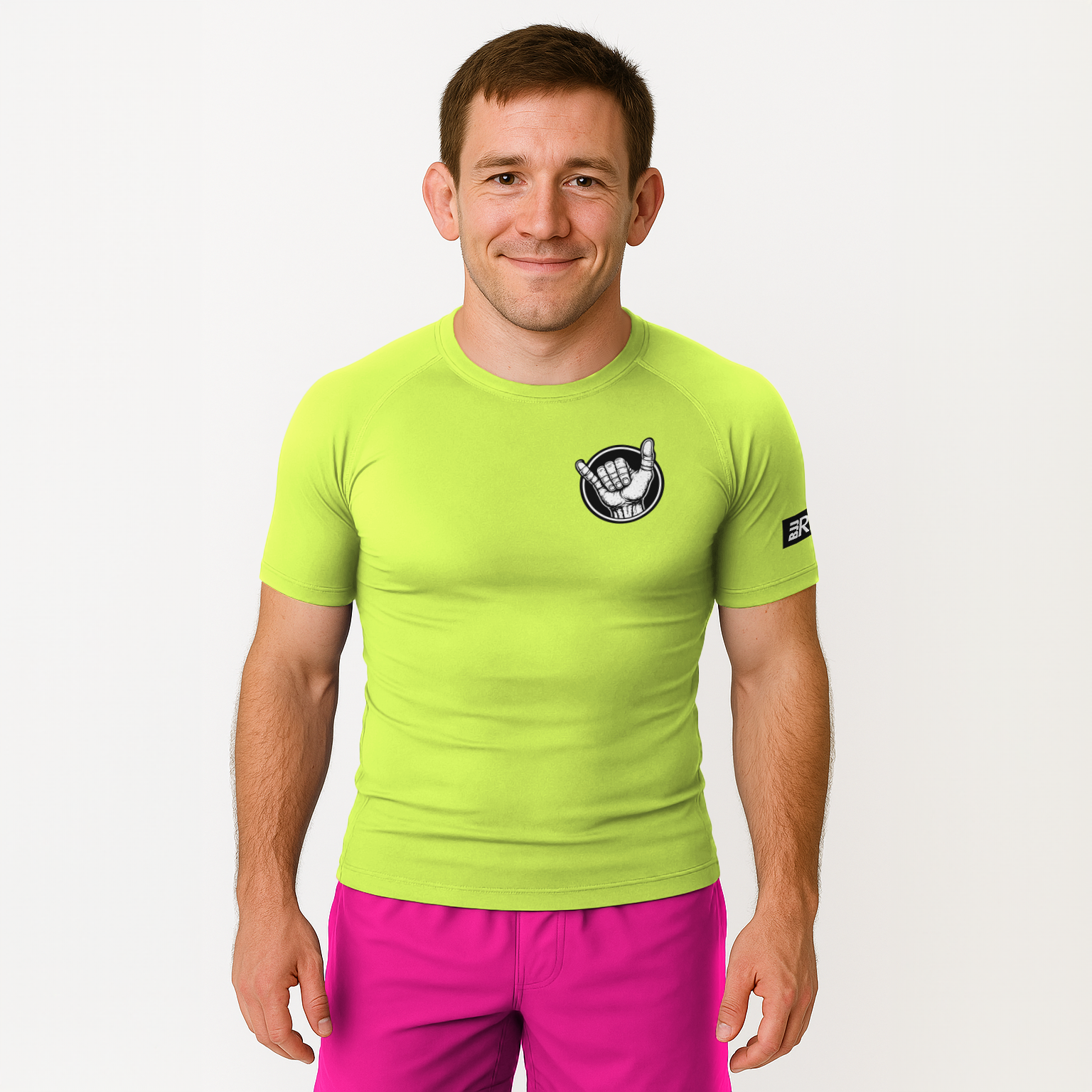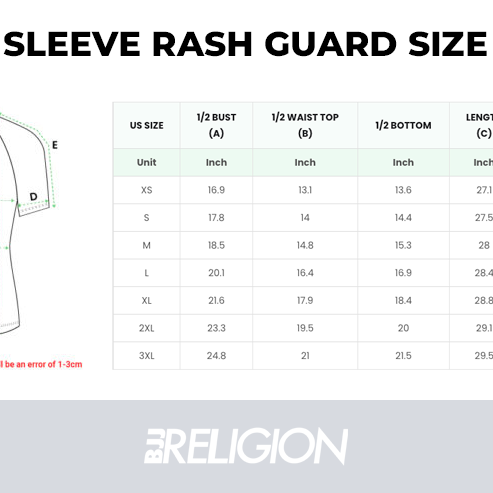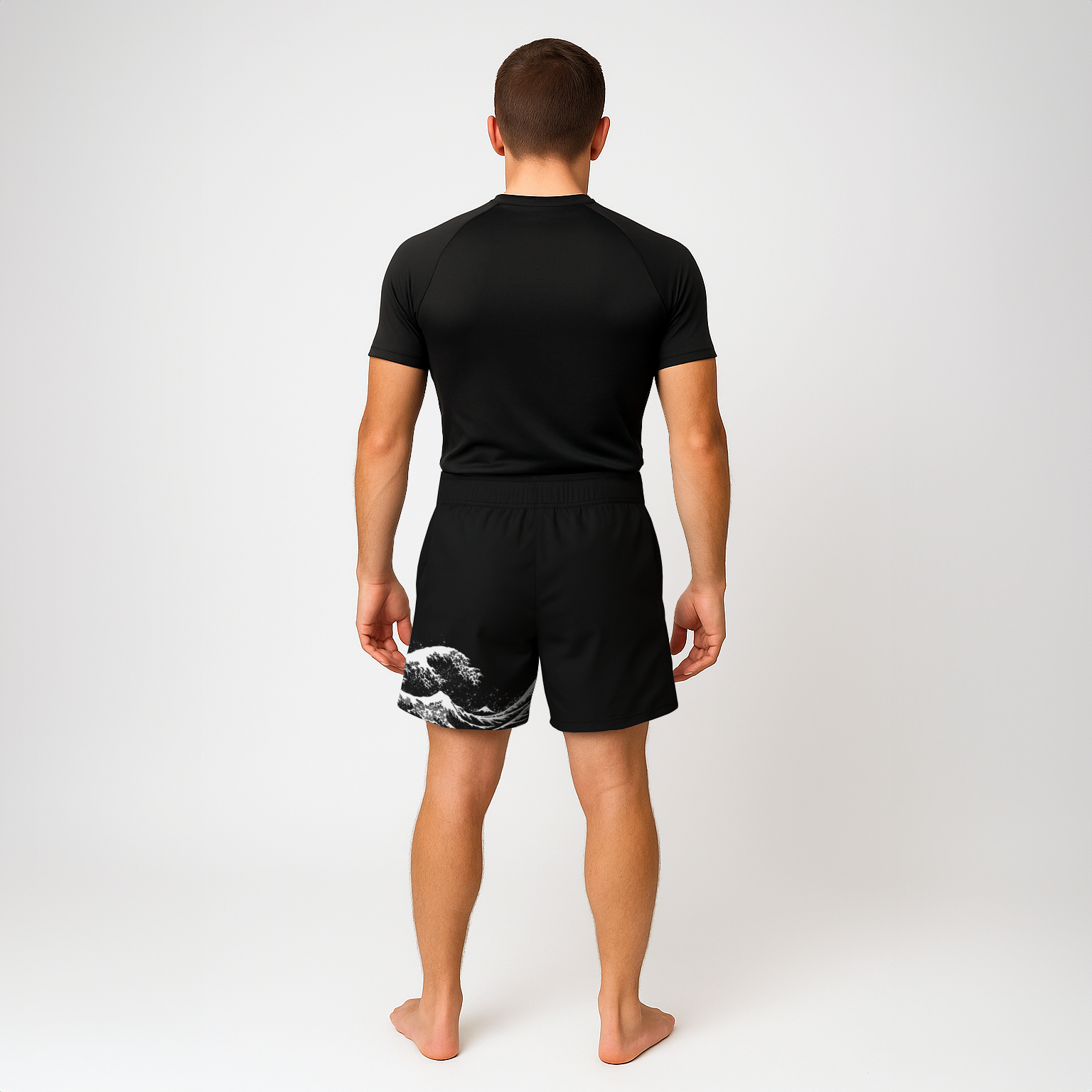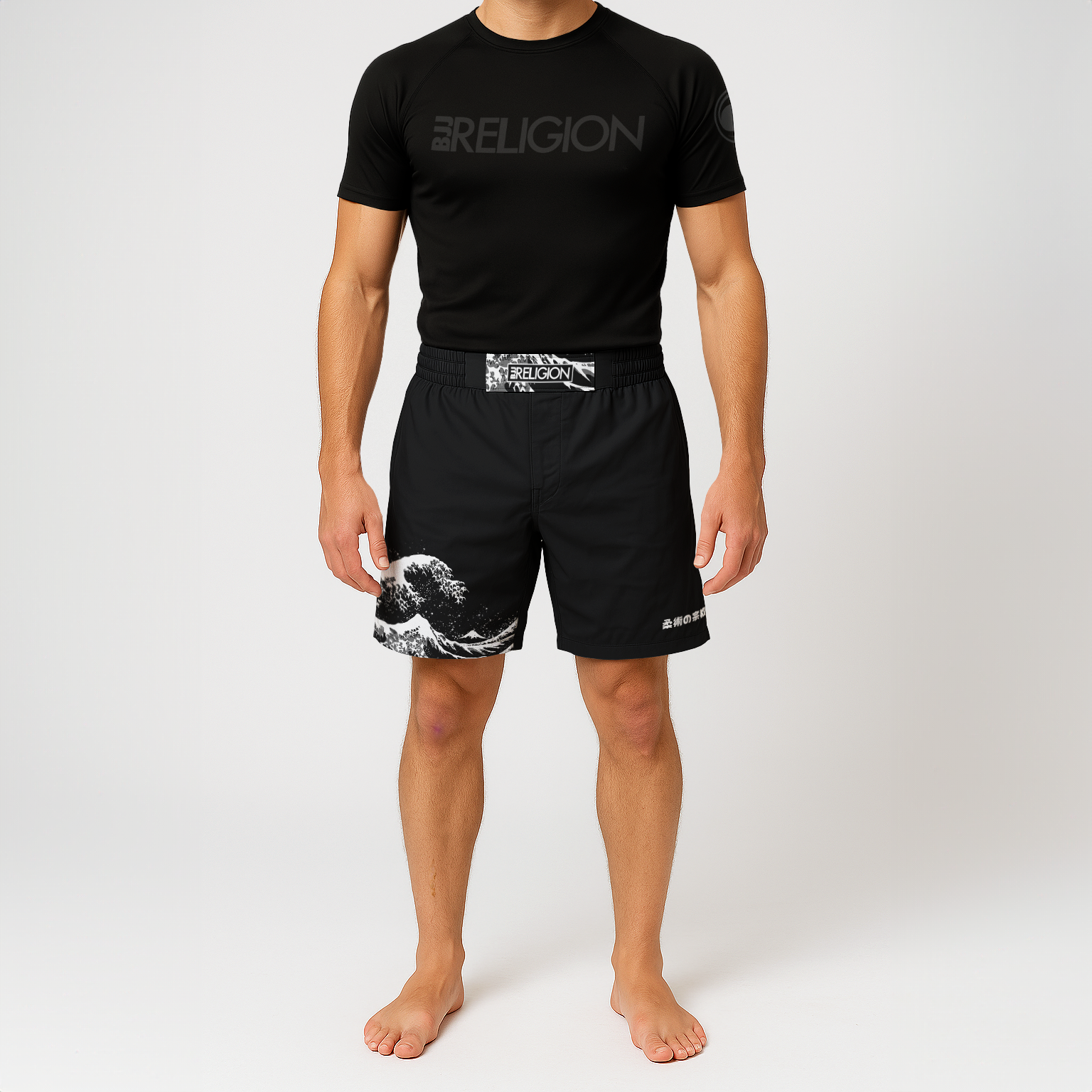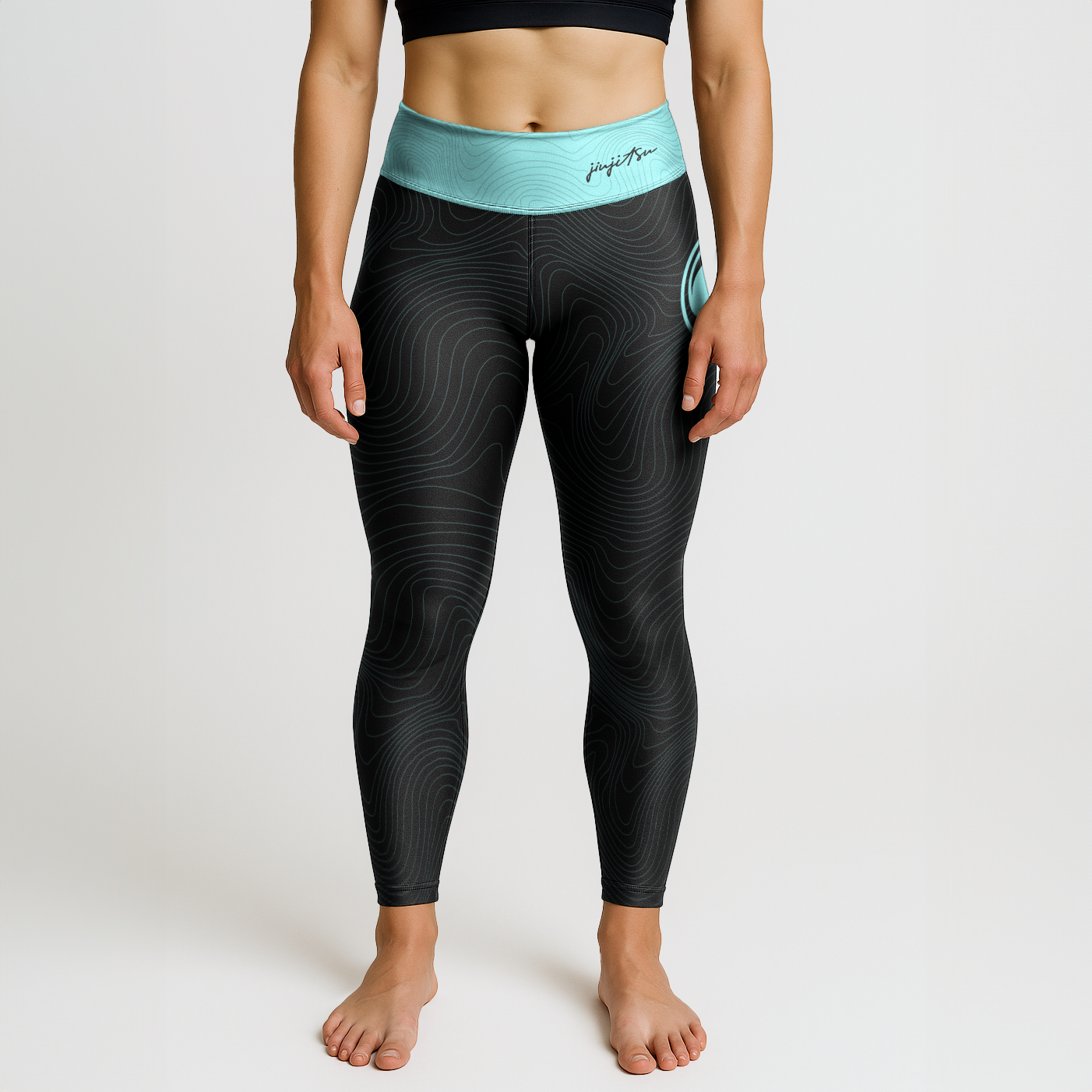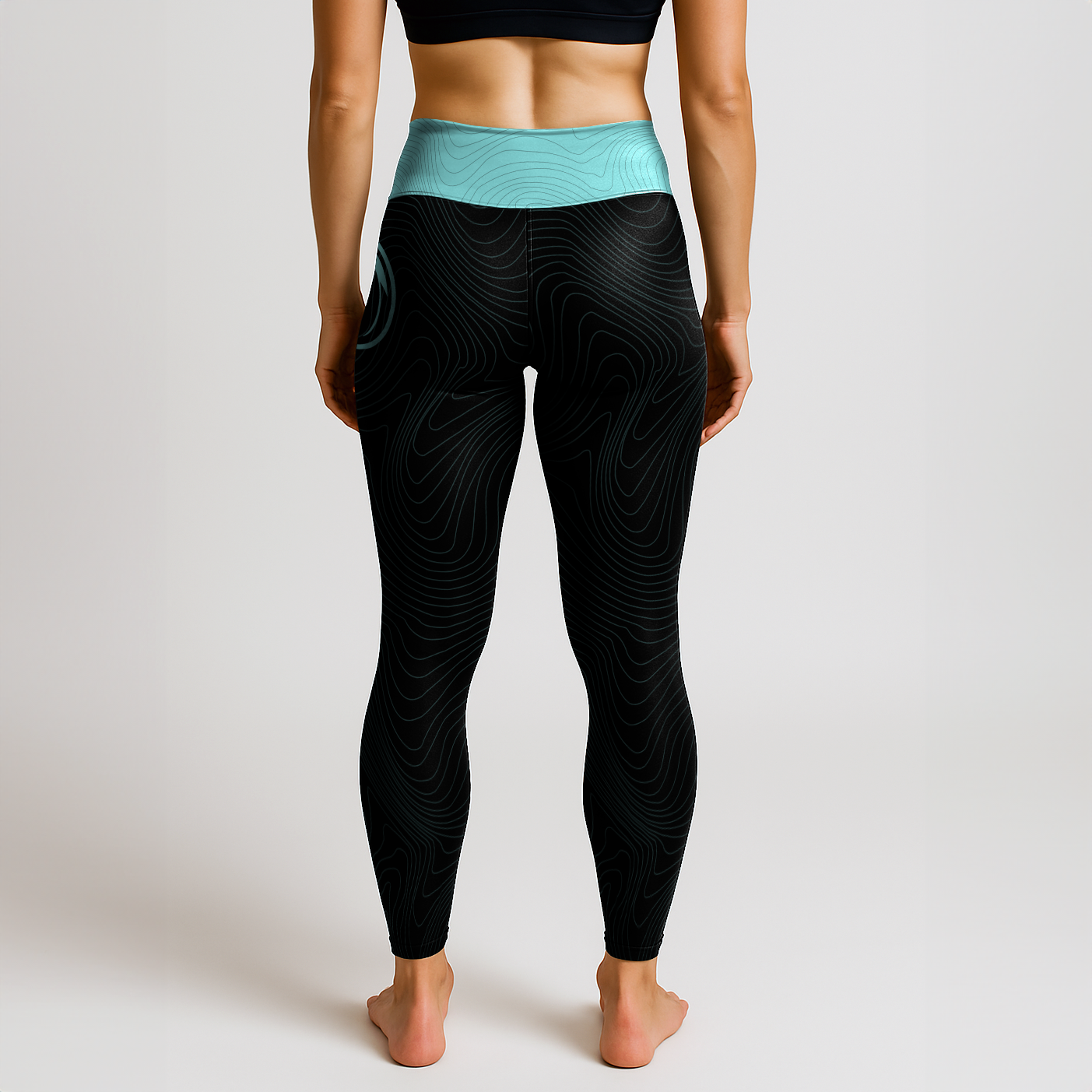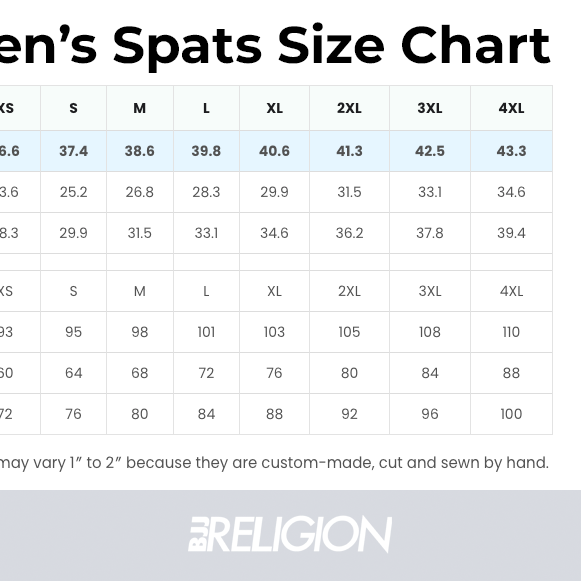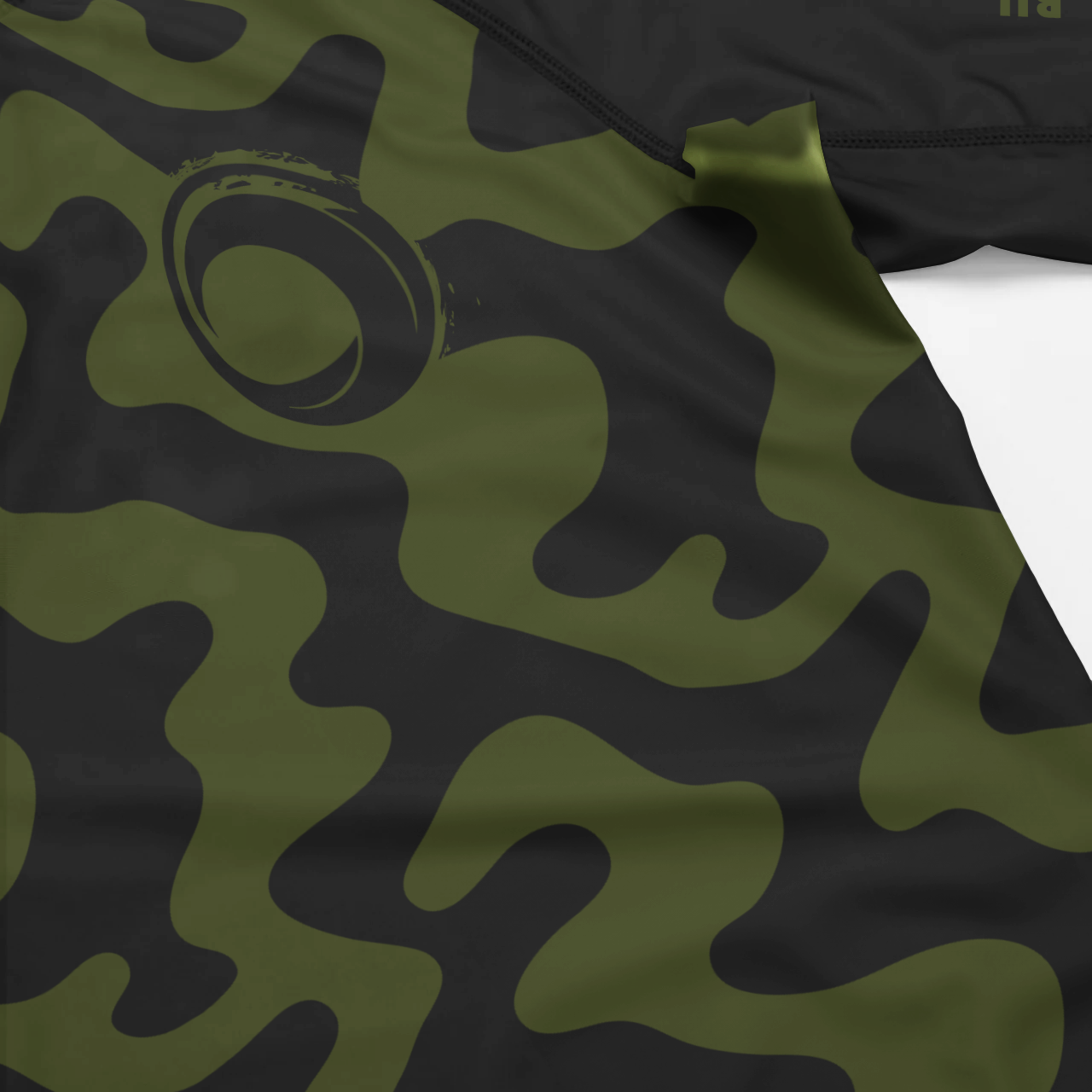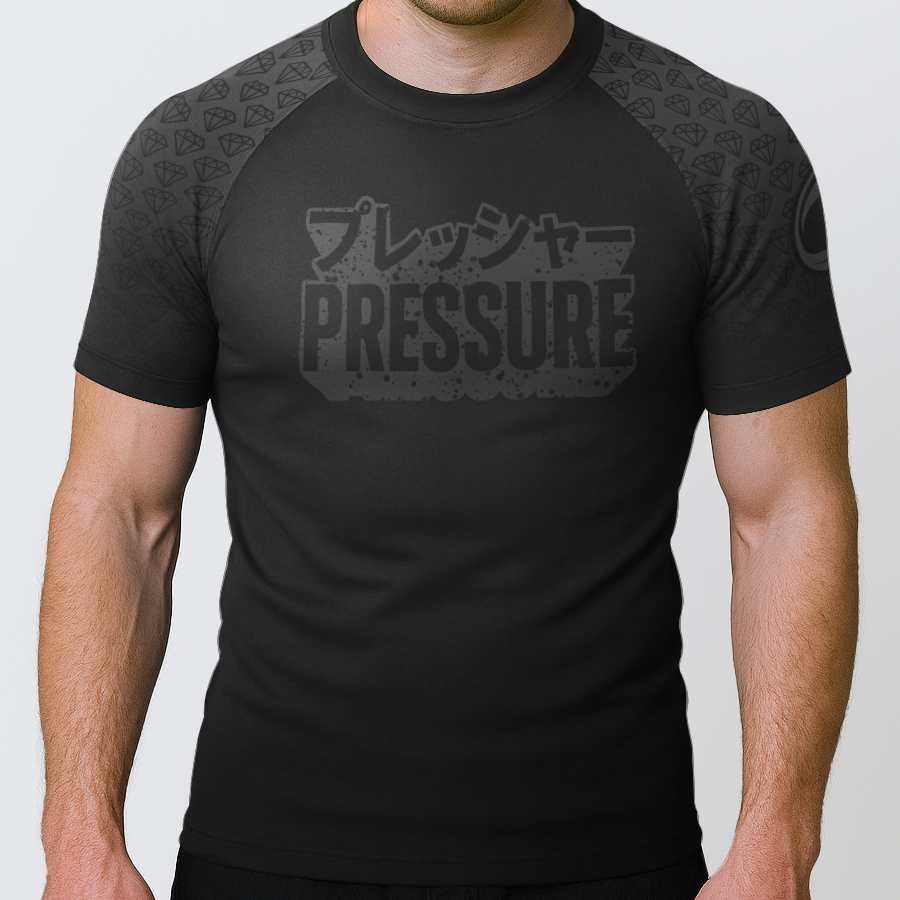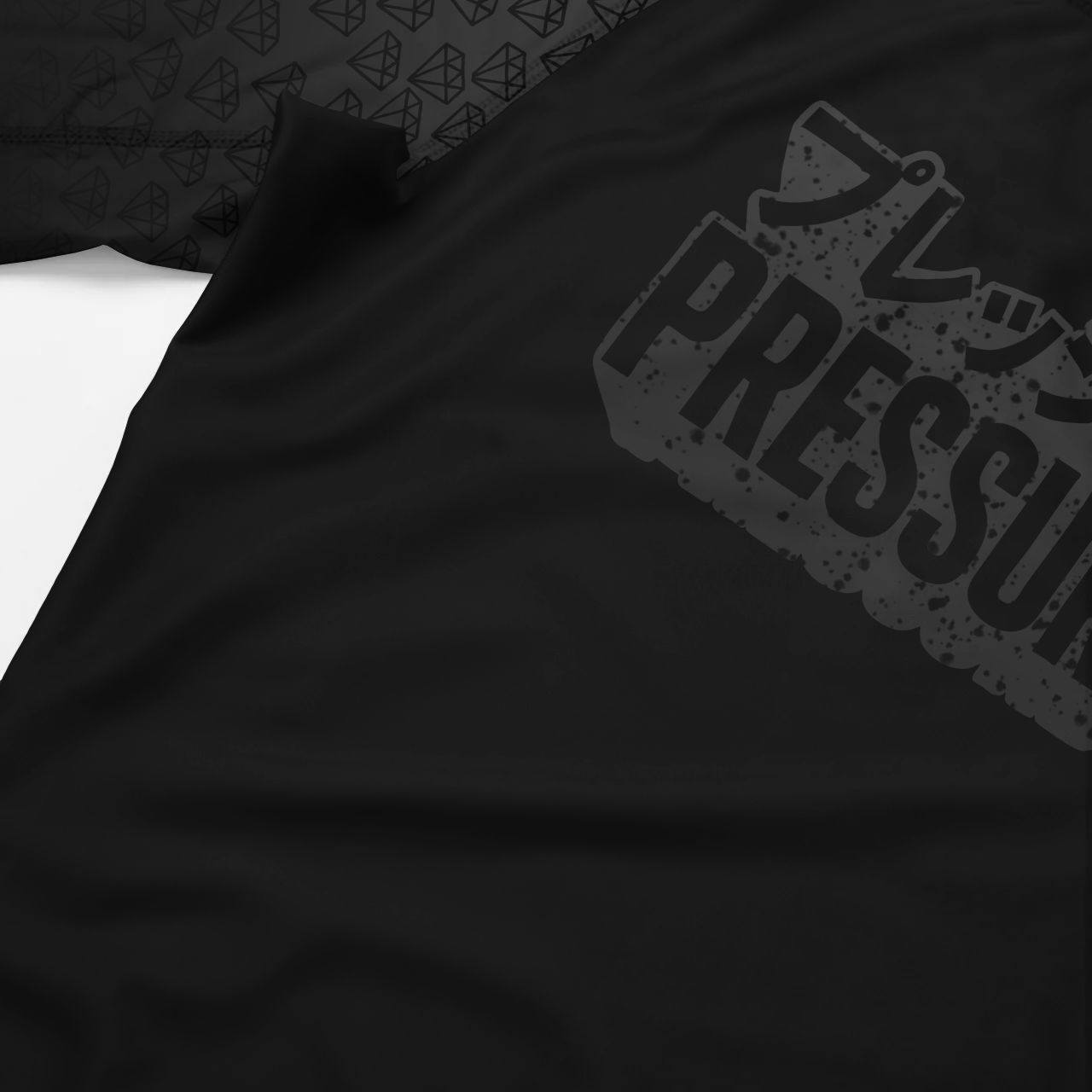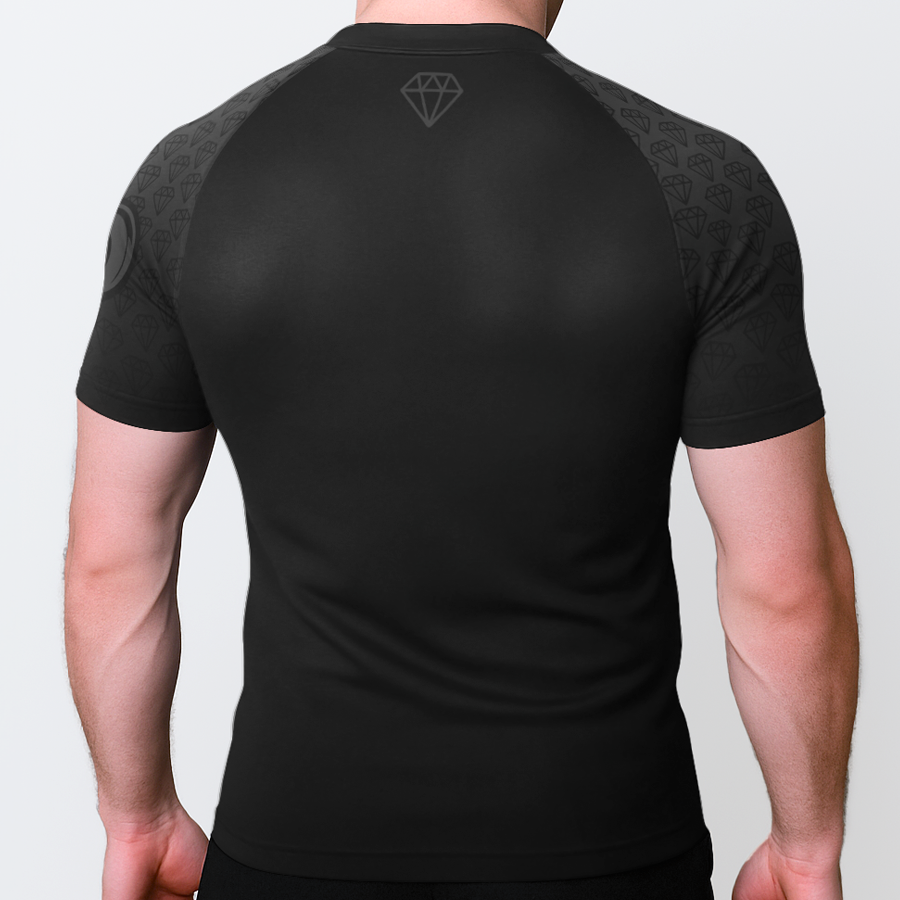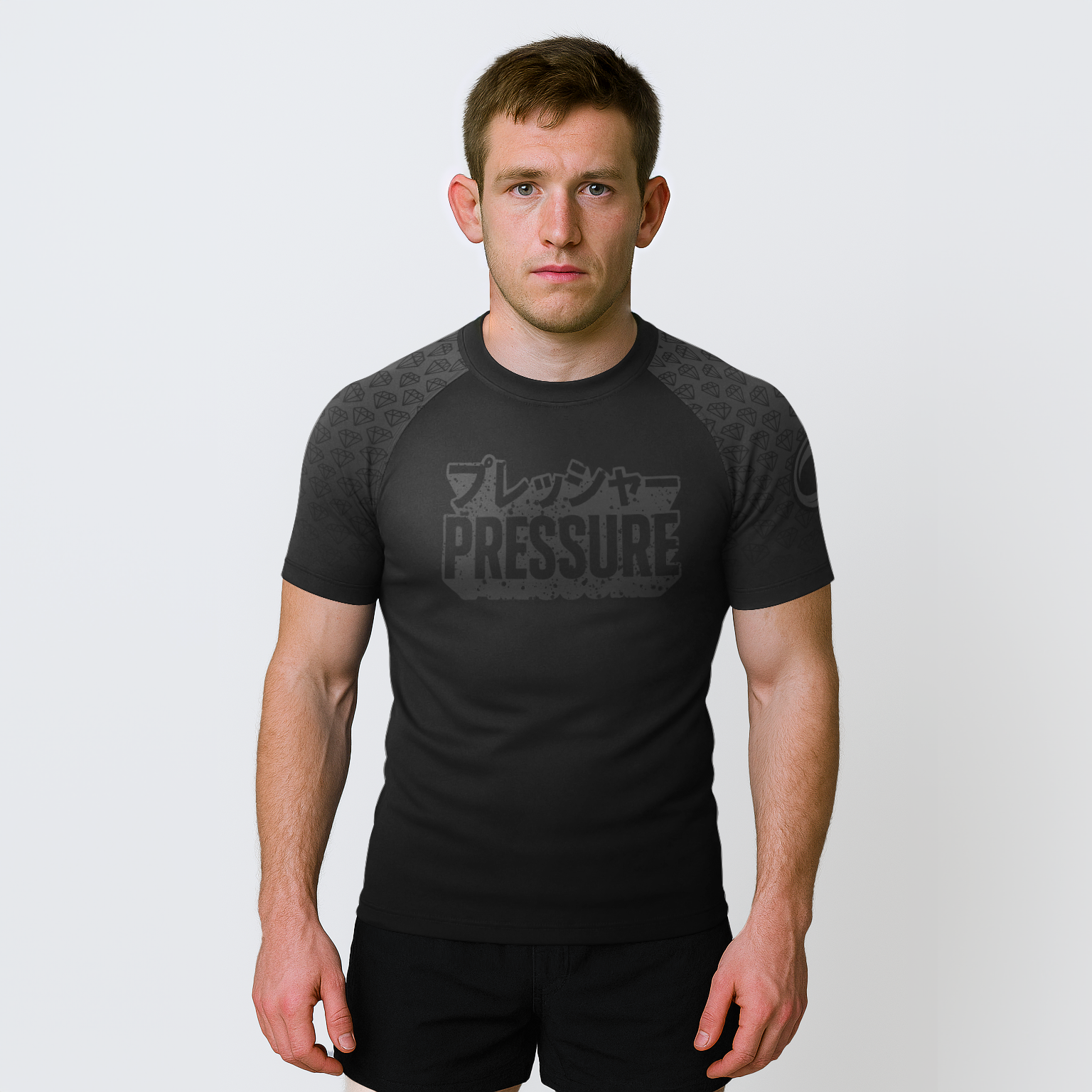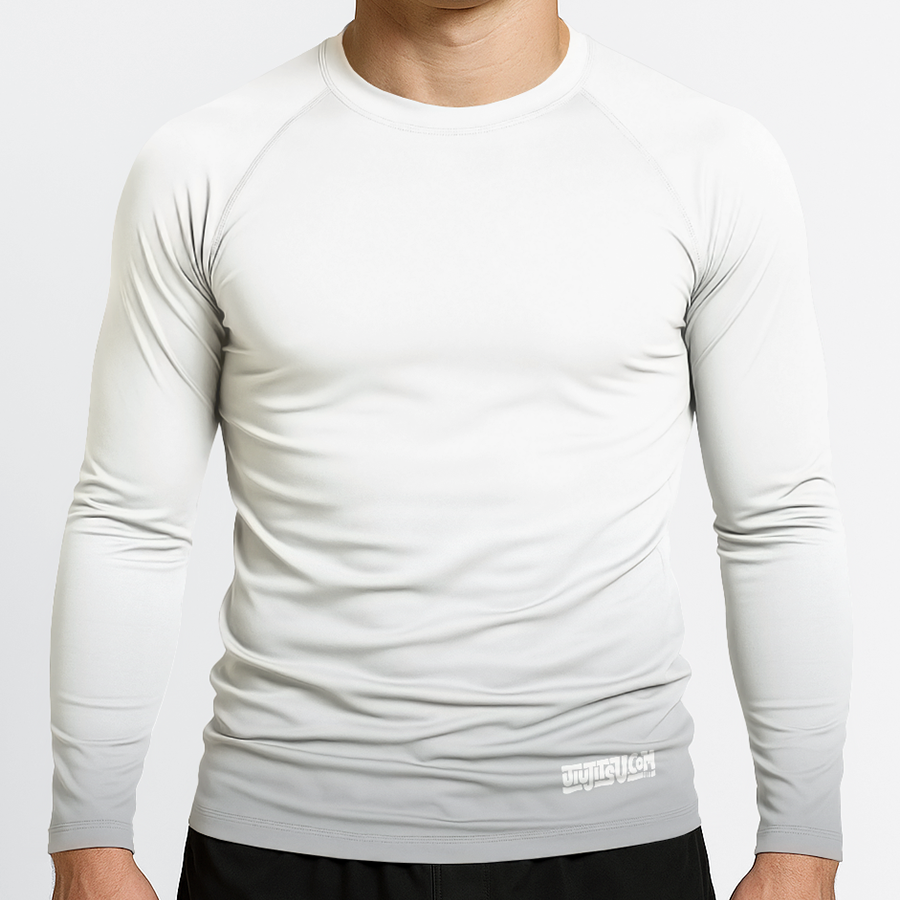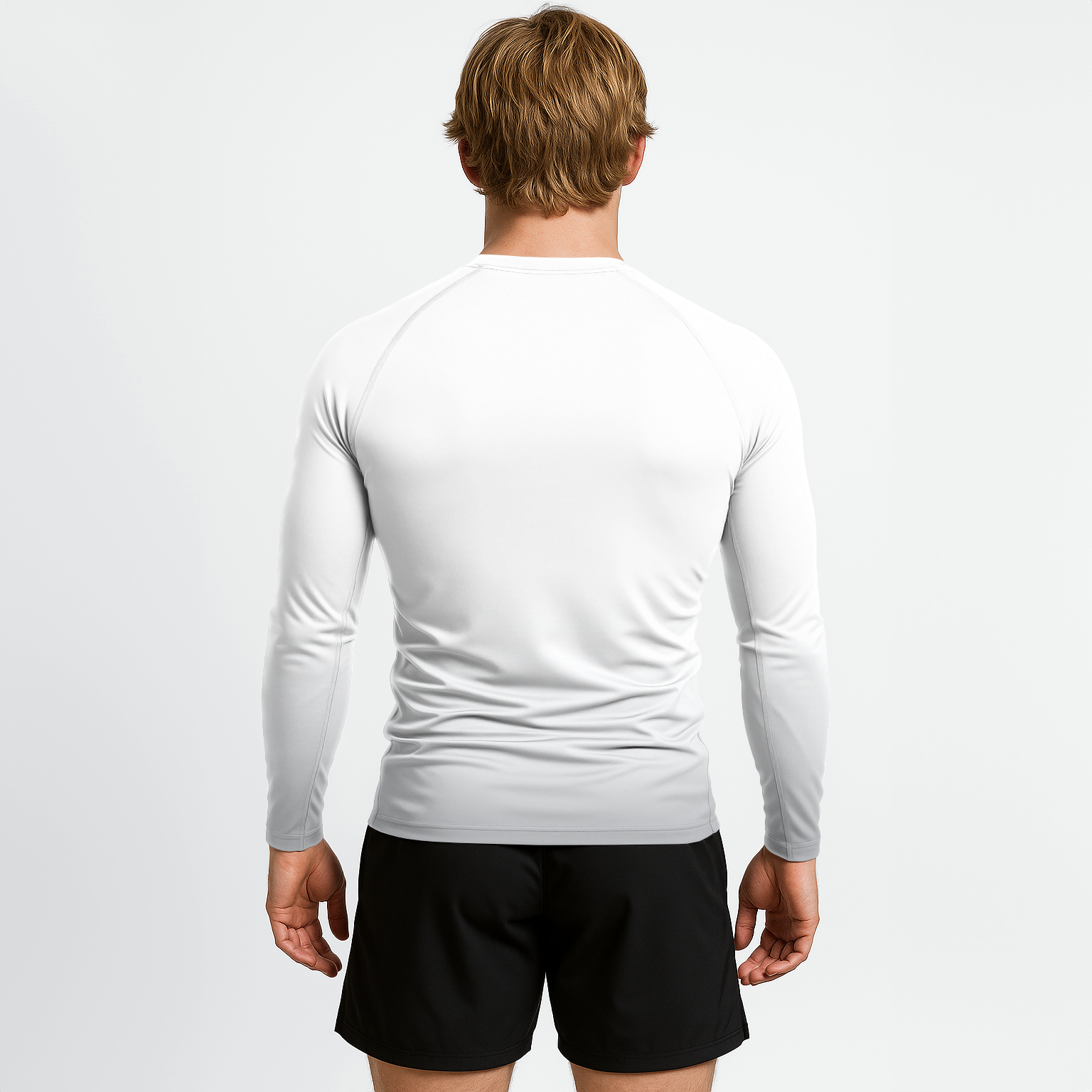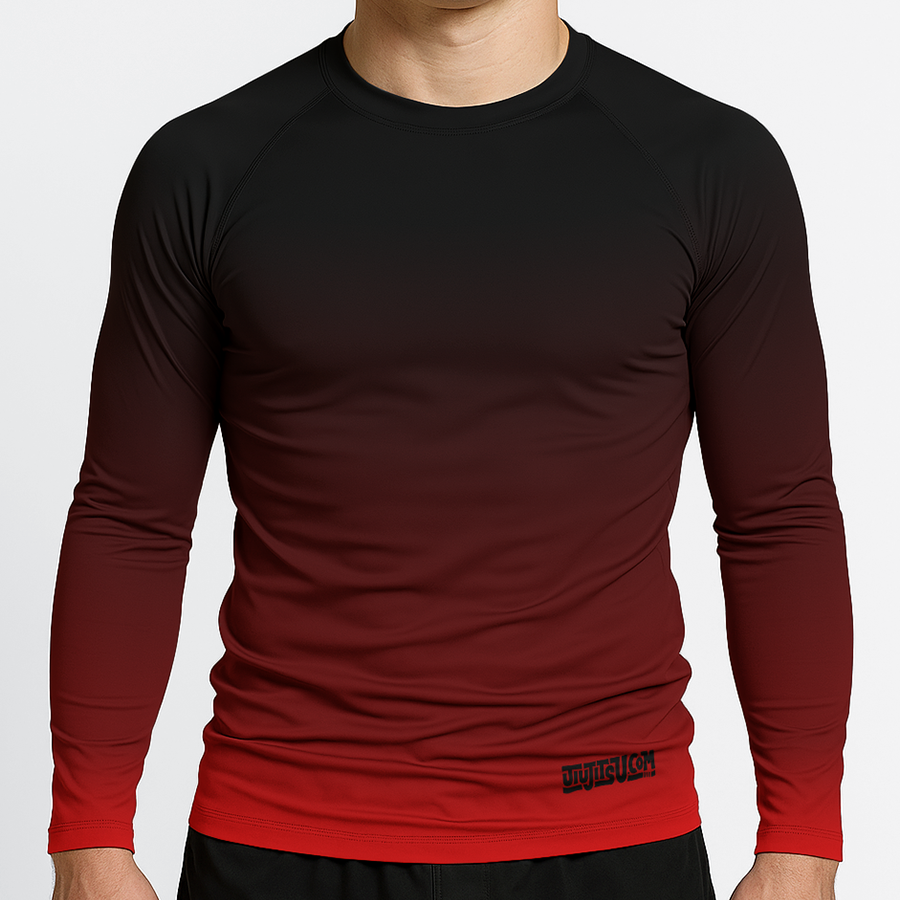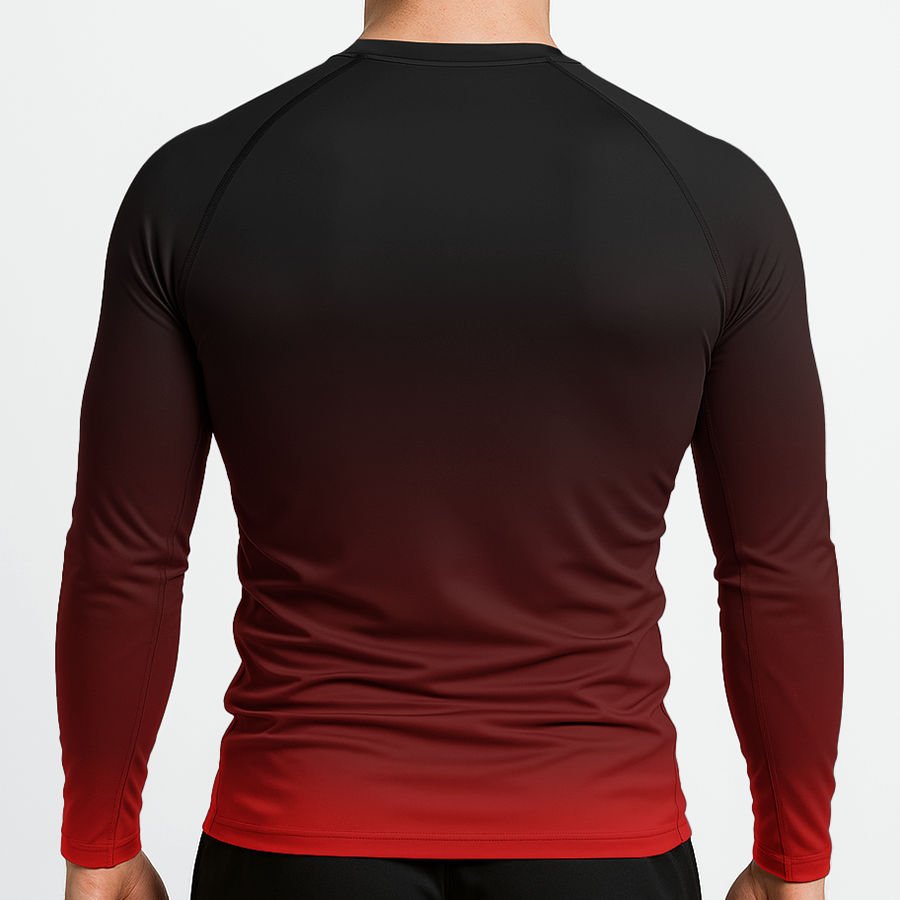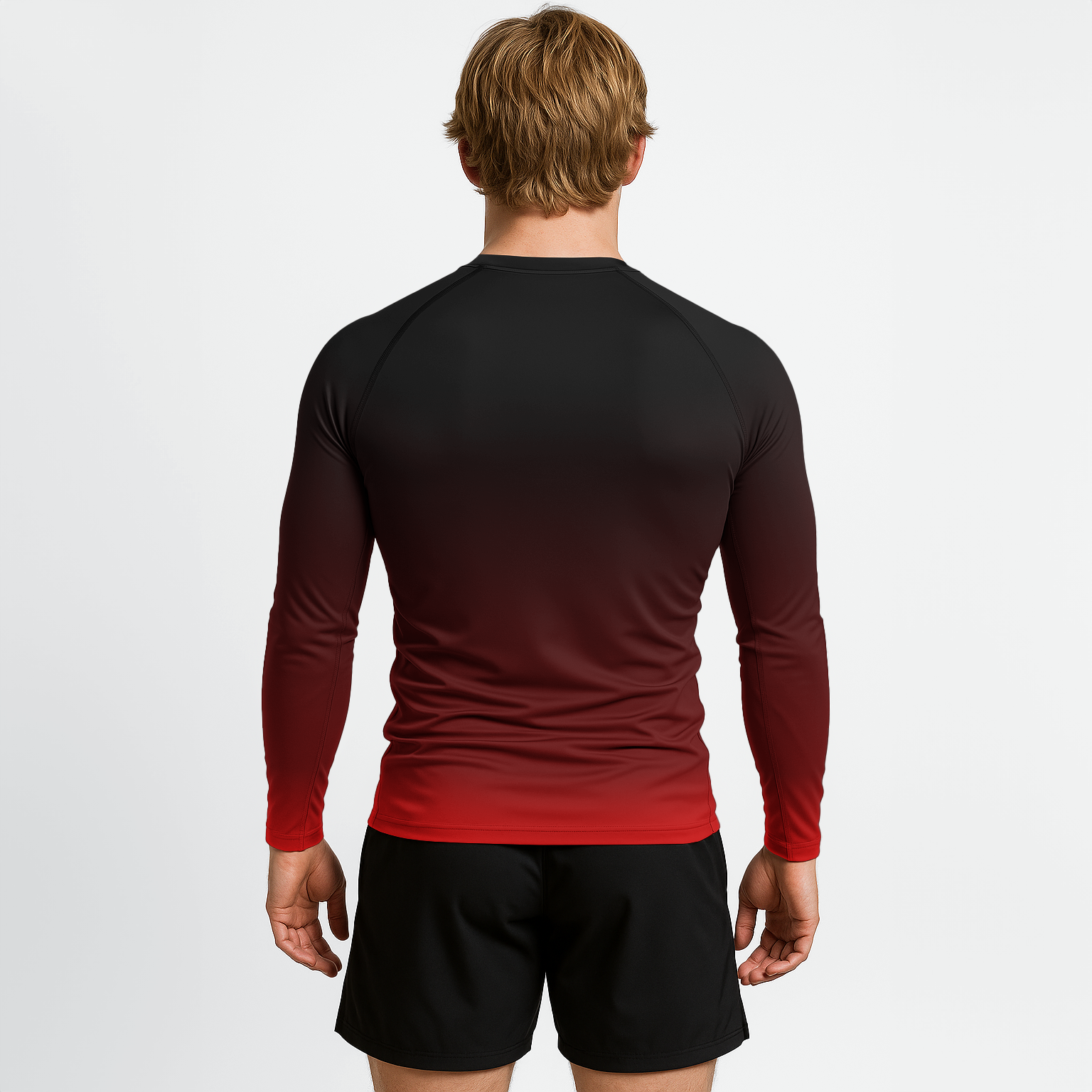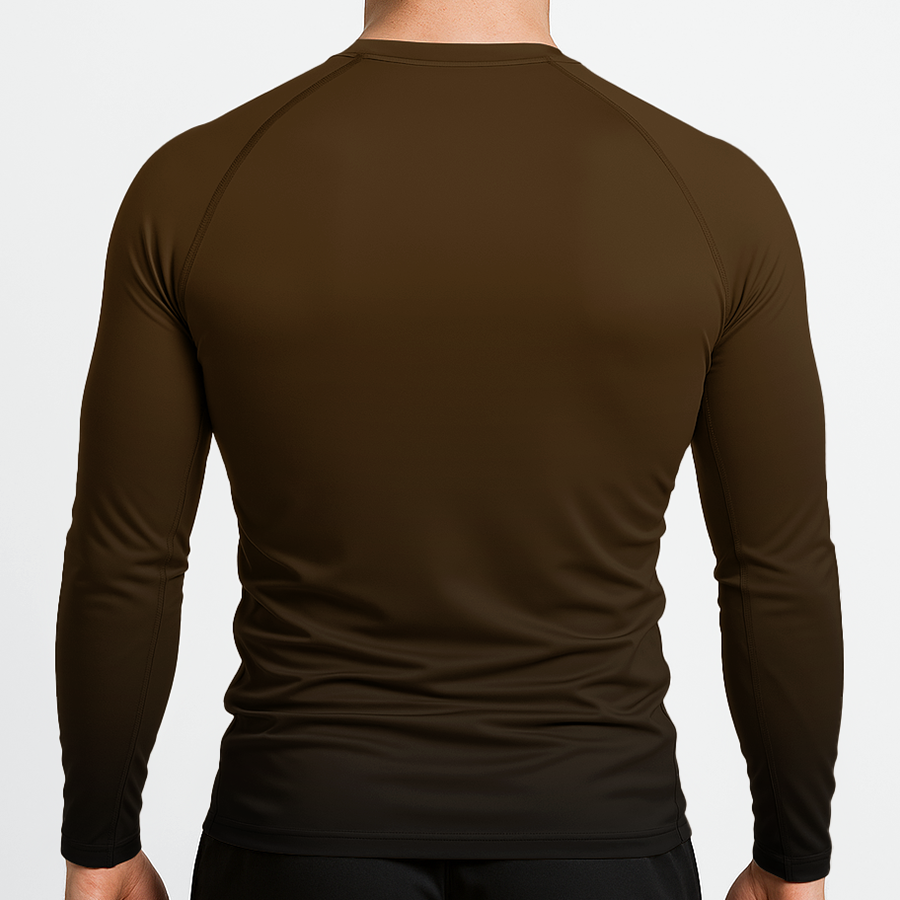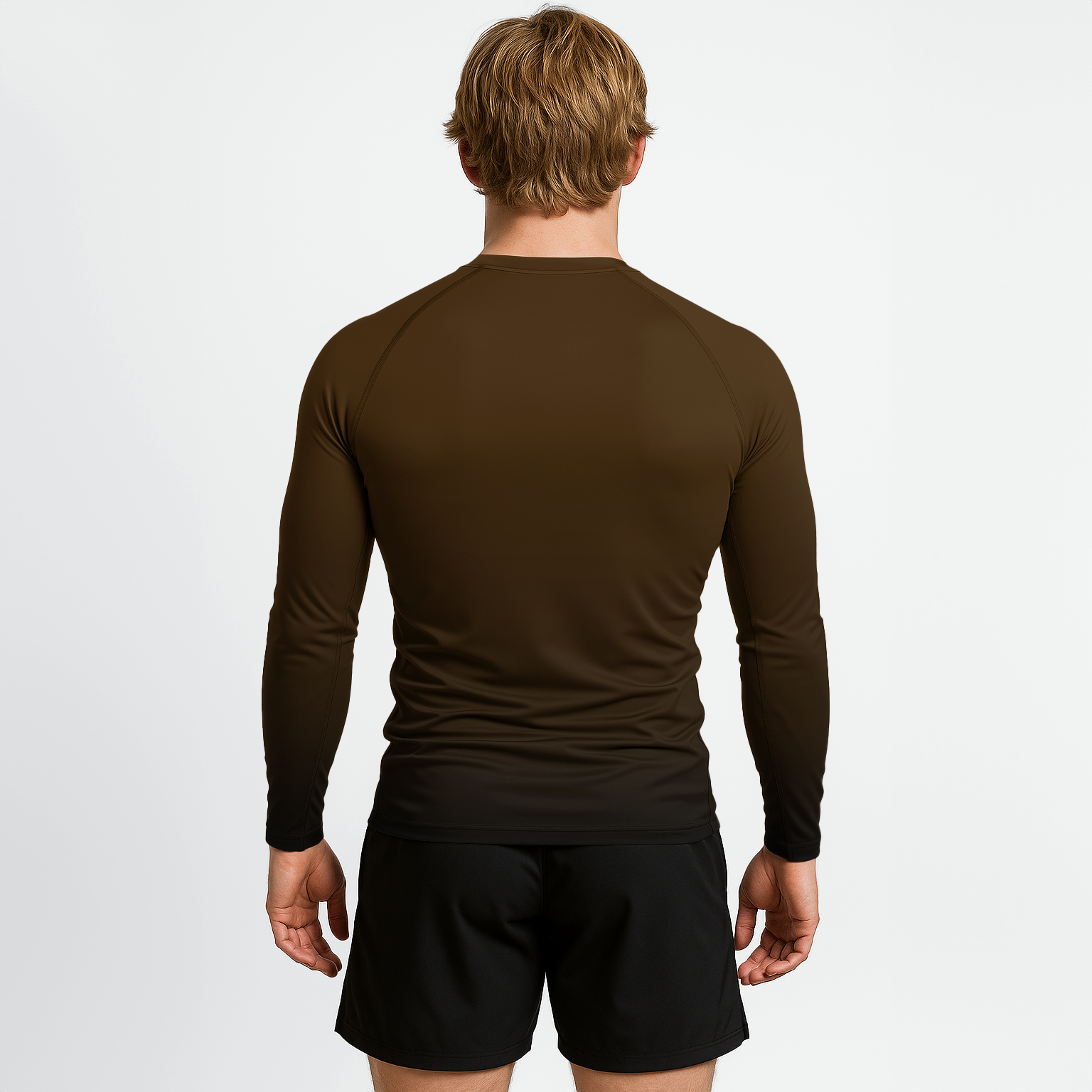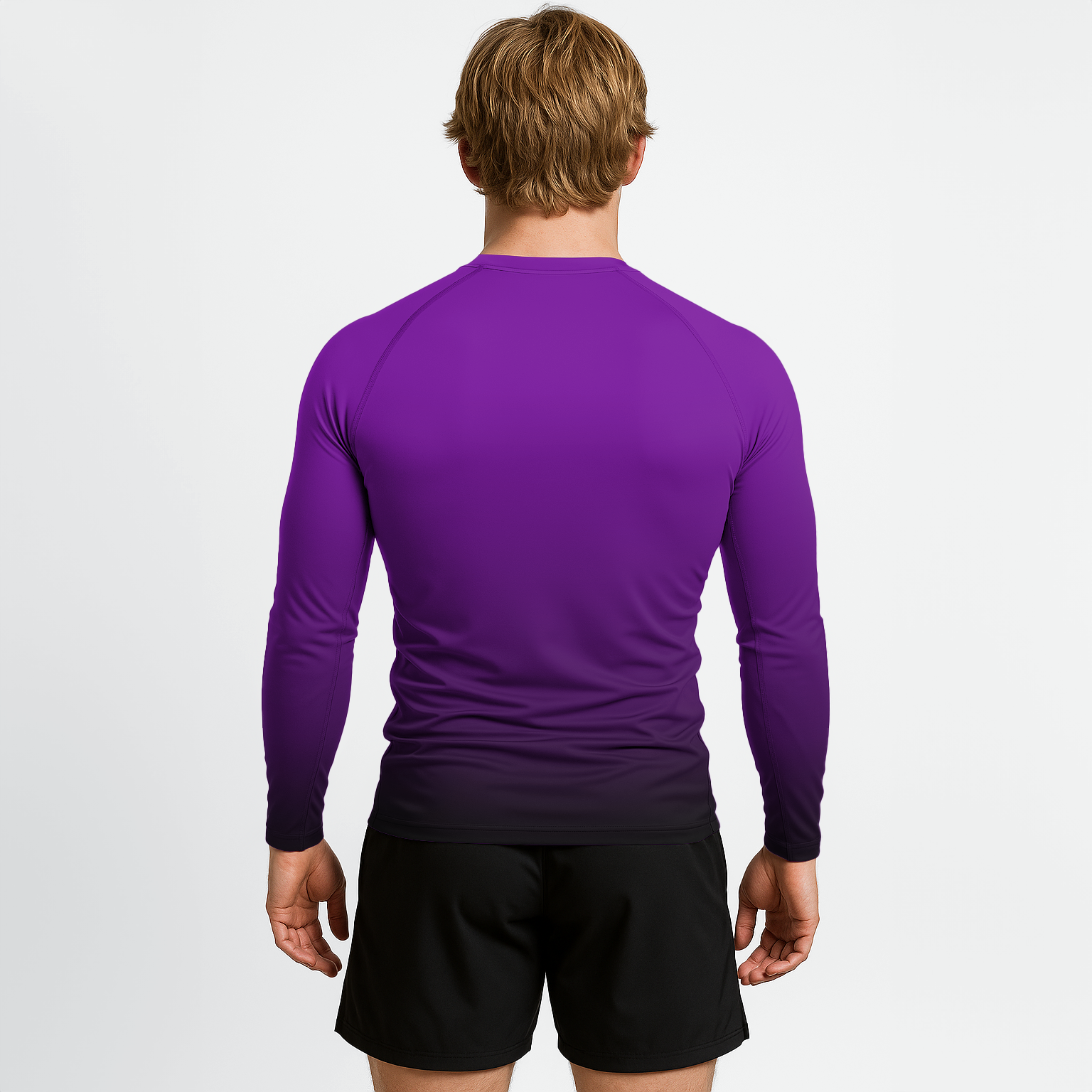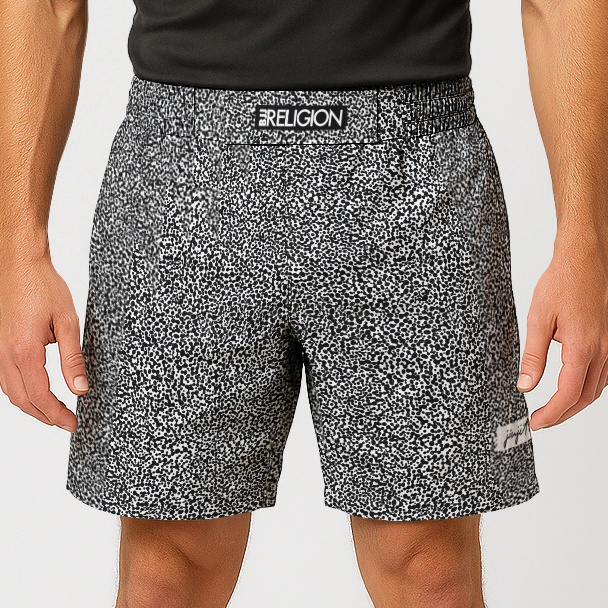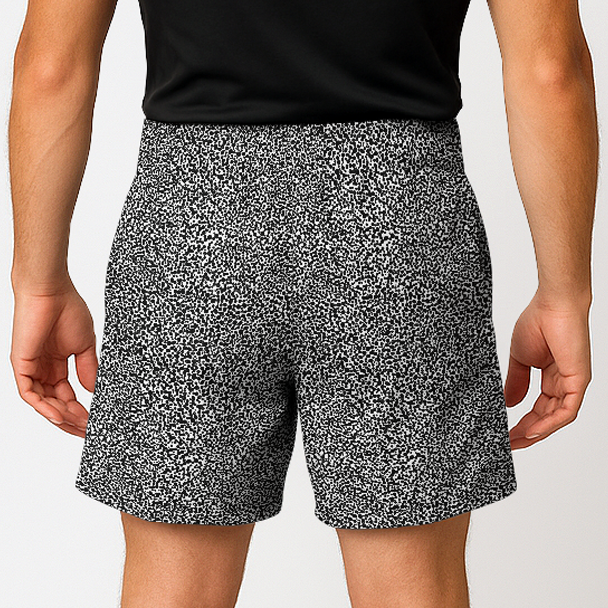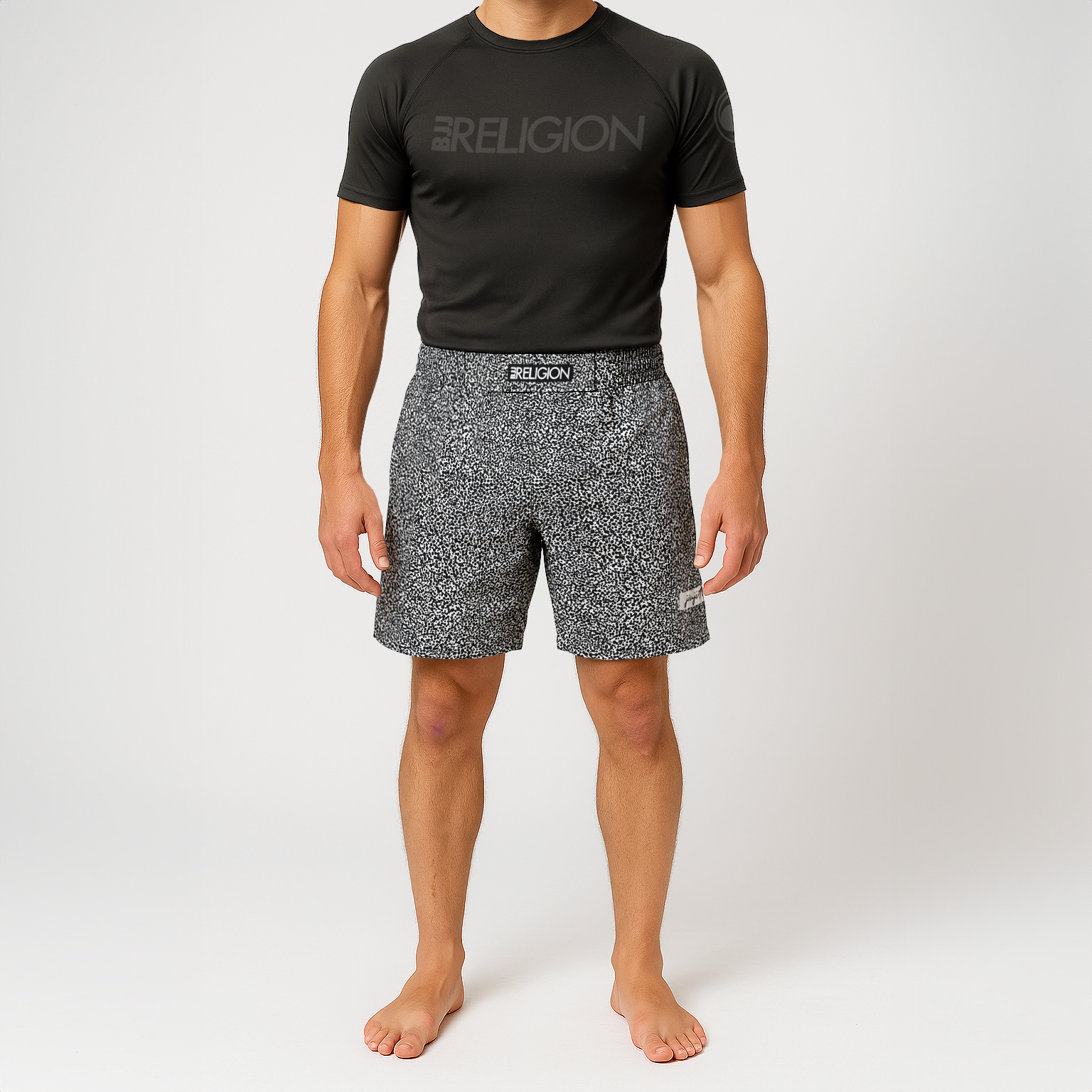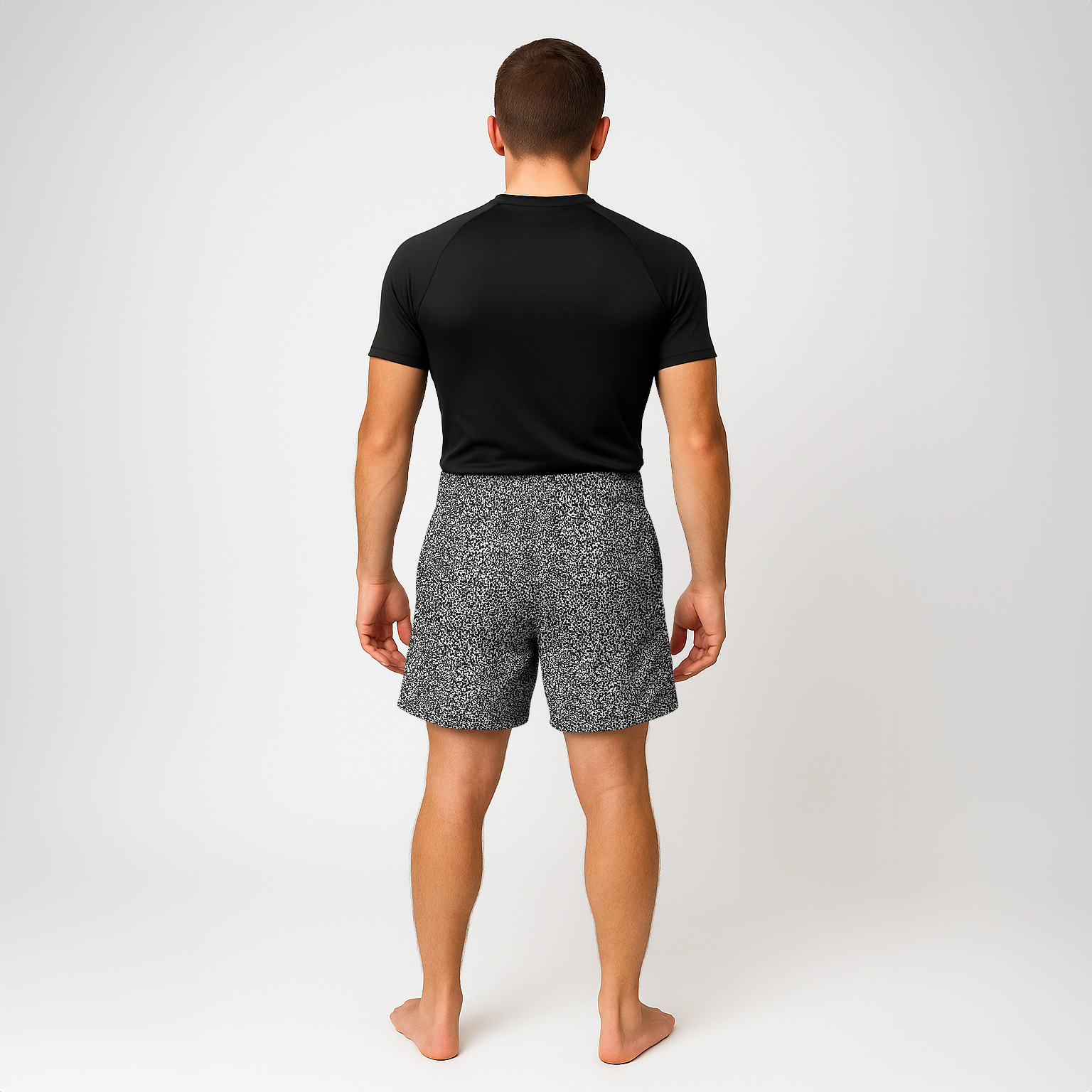How to Peak for a BJJ Competition
I’ve been training and competing in jiu jitsu for over 13 years. It took some time to find a process that worked for me, but I've figured out how to get ready and really make the most of BJJ competition peaking.

In this post, you’re going to learn some different strategies that may work for you as well!
Why It's Important to Hit Your Peak
Have you ever shown up to a tournament feeling like you left it all on the mats during training the week before? I know I have.
Showing up to compete after completely wearing yourself out during training sessions can negatively impact your performance, there is only so far your competition day adrenaline will take you. Finding the fine balance between training and rest is essential for any athlete, especially for something so physically demanding as a Jiu Jitsu tournament.
On the flip side, resting too much can also negatively impact performance. You don’t want to be well-rested but sluggish on the mat. BJJ competition peaking is all about finding a balance.
Whether you have a huge bracket or just one opponent, it's always ideal to go into your competition feeling your best - both mentally and physically.
Finding Your Peak Week
Everyone has different philosophies around this, and you should definitely find something that works for you. However, I would say that the standard for a BJJ competition peaking schedule is one week, but some jiu jitsu athletes may need more or less time. I've found one week to be perfect for me and it's pretty common.
The most important thing is to listen to your body and adjust as needed.
My BJJ Competition Peaking Schedule

For me, proper BJJ Competition Peaking means making a few key changes to my normal training schedule during the week leading up to my competition. This schedule focuses on optimizing your training to achieve peak performance on competition day.
For easy "math" let's just assume you are competing on a Saturday. Let's also assume you have been following a intense competition training schedule for the 3-6 weeks before this consisting of endless drilling, situational training, and high volume conditioning.
The schedule below is strictly week of training.
Monday - Wednesday: High Intensity, Low Volume Training
First and foremost, make sure you are looking good to make weight, and adjust your diet, water intake, and strategy accordingly. We have some really good tips here.
As you get closer to your competition, it’s common to start deloading your training volume. You’re less focused on learning entirely new jiu jitsu techniques and strategies, but it's important that you're still getting some good training rounds in. In this stage you should still be training at a high intensity, but I decrease the overall volume of rounds. So, for example, maybe you normally spar for 6 five-minute rounds. You could decrease this to 4 five-minute rounds.
It’s extremely important to be aware of your intensity when training with your teammates during this time. Make sure everyone is onboard and understands you're trying to peak for a competition. You aim to maintain a high level of technical proficiency while minimizing the risk of injury.
Thursday: Low Intensity, Low Volume
This training day is all about getting the body moving while reducing the overall training intensity and training stress. Now is a great time to train with people who you know are very technical but won’t try to smash you a few days before competition. Focus on drilling techniques, flowing, working on timing, and refining your game plan. This helps reinforce muscle memory and allows you to conserve energy.
In short, use this day to really hammer down some of your techniques, strategies, and sequences you've been working on.
Friday: Rest
The only activity you should do is take a walk, stretch, or use a foam roller to get the blood flowing a little bit. Do NOT overthink it and decide to go for a 10-mile run the day before competing. If you're struggling to make weight right now the last thing your body needs is for your muscles to be overworked as well, stationary bike and sauna suit works wonders if needed.
Proper rest and recovery are crucial for allowing your body to repair itself and prepare for the competition. Adequate sleep, hydration, and nutrition are essential components of this process.
Saturday: Competition Day
Make sure you eat a light breakfast if you are on weight, I try and plan not only the weight of my BJJ gi, but also the weight of my morning meal into my weight cut. Aim for something easy on your stomach but enough to hold you over if your division doesn't start until later in the day.
Have a solid warm-up and then go out there and crush it. Remember to stay hydrated throughout the day and listen to your body.
Sunday: Reflect
Use this day to recover. Most important? Reflect on what went well during your matches and, more importantly, what you need to improve. Everyone - and I mean EVERYONE, can benefit from actively learning and making adjustments to their game. Analyzing your performance helps you identify areas for improvement and refine your training plan for future competitions.
Conclusion
You’ve trained incredibly hard, put in the mat hours, and now you deserve to perform at your very best by implementing a solid BJJ competition peaking strategy that sets you up for success on the mat. Remember that everyone’s body is different and it's important to experiment and find what works best for you.















